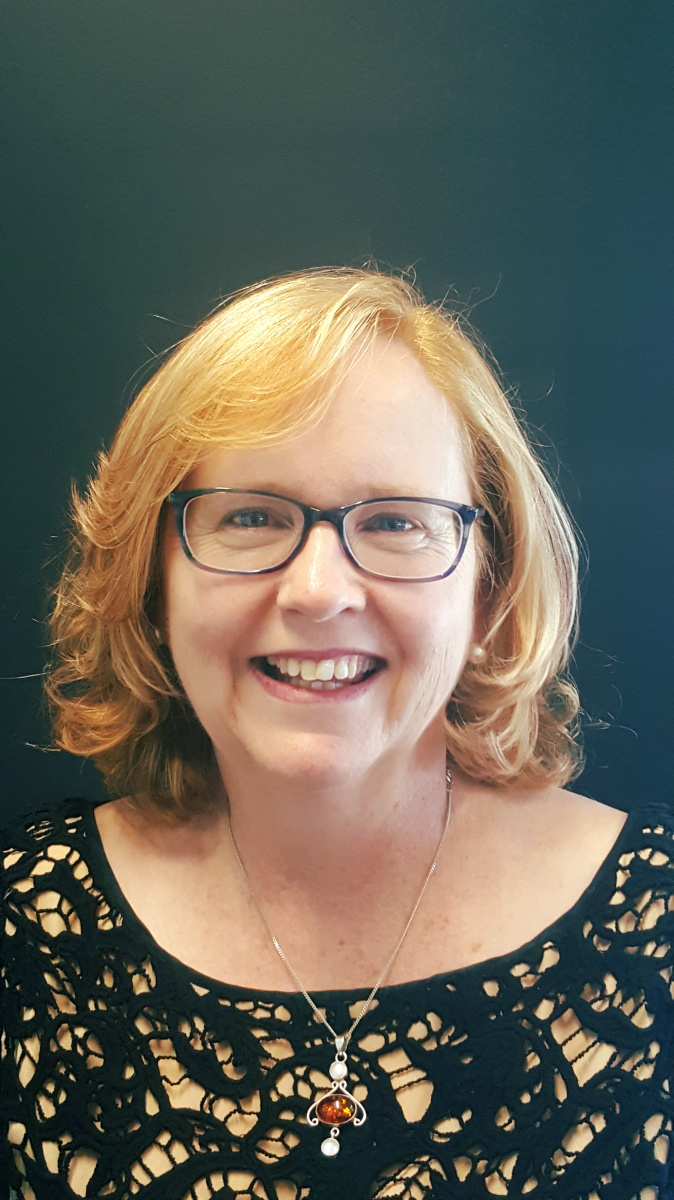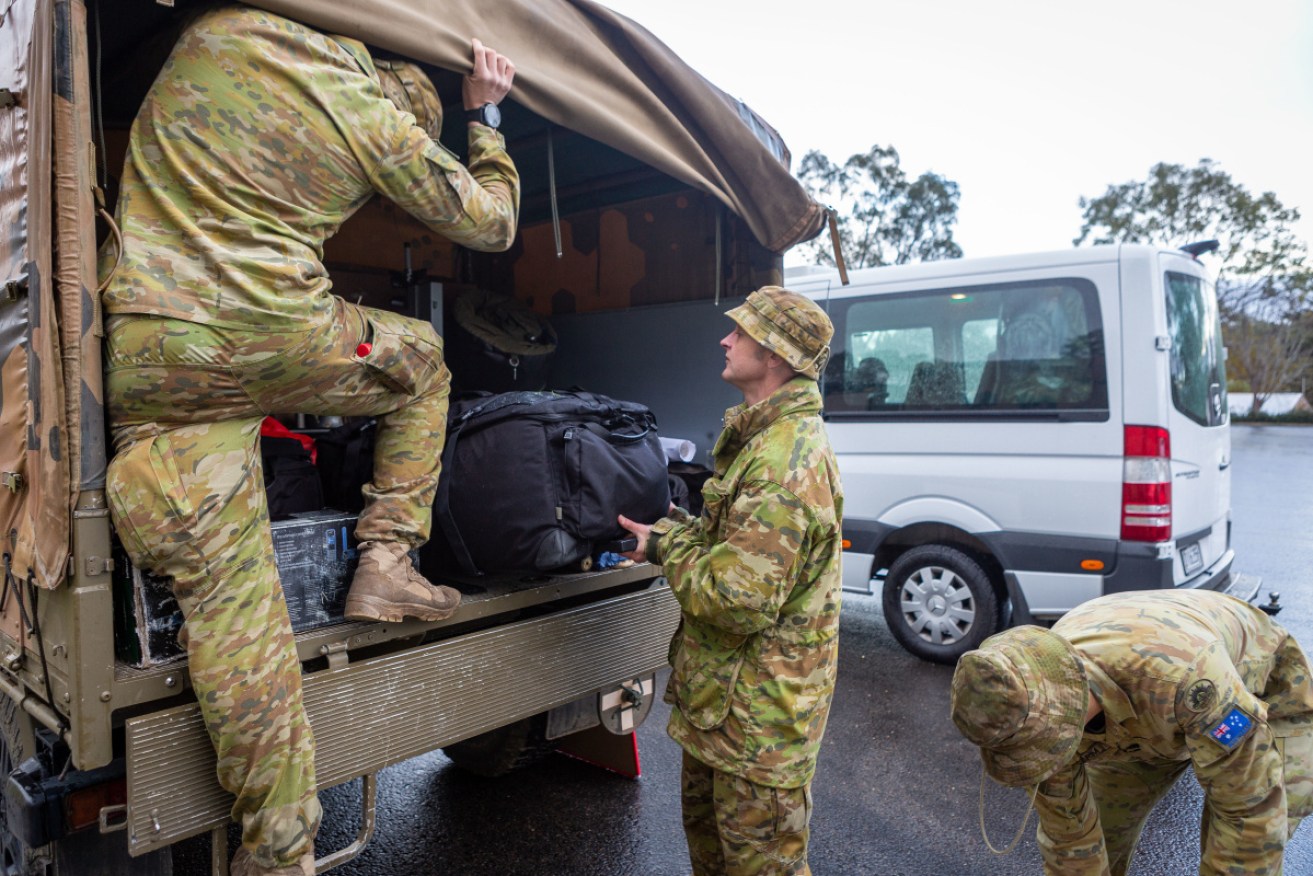Learning mateship and courage from our veterans for mental health


Australian Army personnel are taught resilience skills that prove helpful after they've retired. Photo: AAP
There are certain traits that are reinforced by military service or moving around Australia as a military family. These include courage, resilience, mateship and the ability to overcome adversity. All Australians can stand to benefit from the example set by members of the veteran community.
In a year that started with some of the worst bushfires in memory, followed by a global pandemic, I’ve seen first-hand how our veterans have stepped up. They are at their best in times of crisis.
Veterans’ groups have been proactive in lending a helping hand, from volunteering with emergency services to making hand sanitiser. We’ve seen them reaching out to each other on social media and completing our online training on suicide prevention since it launched in late May. These responses are instinctive, although not exclusive, to those who have had careers in service.
While veterans are quick to reach out to their mates and ask ‘RUOK?’, they can find it difficult to reach out for support themselves. Having a military background, I understand the internal pressure to feel like we need to solve problems independently.
In the same way we are not expected to fix our own broken leg, we need to apply that principle to our head space. Courage is a value that is driven home in the military and it also takes courage to admit you are not ok. As a veteran and a psychologist, I understand the importance of being open about sometimes needing help. Thankfully, as a cohort we are doing this more often.
We have seen a significant increase in counselling sessions since the onset of COVID-19, particularly among veterans and family members who are looking for support in coping with anxiety. While this shows people are finding the current situation tough, it’s also a positive sign that our community is reaching out for support.
There’s a common term we use in the military about getting ‘squared away’, whether it’s packing your kit or sorting out your ‘pers admin’, so you are prepared and able to help those around you. It’s not too dissimilar for mental health – veterans are using our service during COVID-19 to square away their anxiety and strengthen their coping skills, so they can get back on track and onto helping others.
The idea of asking a mate if they are ok is inherent in our servicemen and women who forge strong bonds and a commitment to look out for each other.
When providing mental health services to veterans and their families, we are reminding them of the resilience skills they have been taught in the past, rather than introducing them for the first time. We are reinforcing the basic building blocks of connection, exercise, diet and sleep.
In these difficult times, it is important for all Australians to remember the challenges they have already overcome and know that the traits of courage, resilience and mateship are within us all.
Dr Stephanie Hodson is National Manager of Open Arms – Veterans & Families Counselling. If you, or someone you know in the veteran community needs help, call Open Arms 24/7 on 1800 011 046 for free and confidential counselling and support.








